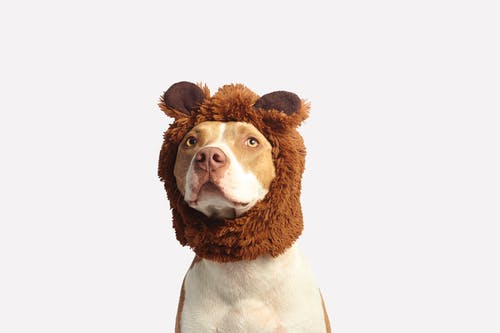
Dog Poisoning: Steps to Take in Saving Your Dog
October 23, 2022Your dog can get sick from poisonous plants, chemicals, and food. The bathroom cabinet, the backyard, spoiled food eaten on a walk, and people’s food stolen from the counter or dropped from the kitchen table are all common places where dogs can get poisoned. No matter what the poison is or where it came from, here’s what you need to know to help your dog immediately.
Determine the Poison
If your dog seems healthy, try to figure out what toxin he was exposed to and how he got it so you can give your doctor as much information as possible. But if your dog looks sick and/or you don’t know how long ago it was exposed, get it treated as soon as possible to keep the illness from worsening. Early vet urgent care can save many pets exposed to toxins, especially if they are taken away before too much time has passed. Your veterinarian may be able to tell which poison was eaten based on the physical exam and lab results.
If you or somebody in your family has time, try to figure out if it was eaten, breathed in, or touched. Was the plant dangerous? Could it have been food that made him sick? Could your dog have come into contact with another animal, like a toad? Was it a harmful chemical or medicine for people? Find out how much of the poison your dog ate, breathed in, or came into contact with. Get the original packaging for the poison.
Seek Professional Assistance
You should still talk to a vet from places like this veterinary surgery clinic even if your dog is acting normally. You shouldn’t wait until your dog gets sick to take care of it because by then, it may be too late. Never use a home remedy or other treatment on your dog without first talking to a vet.
Make an appointment with your family vet first if their office is open. You should call a local veterinary emergency clinic if the poisoning happens after hours. A vet will be able to give you advice on what to do. What you should do depends on the poison you were exposed to.
Prepare for an Emergency
Keep your dog’s medical records, including vaccination history, current medications, food and drug allergies, identification, and other important information, in an easy-to-find place in case you need to go to a different veterinary clinic. Also, ensure your dog wears a collar with an ID tag or keeps a leash near the door so it’s easy to grab on the way out.
If your dog is sick, even if you don’t think it was poisoned, you should call a veterinary clinic. There may be no signs of poisoning for a few hours or even a few days. Signs can be vague, like being tired or not hungry. There are also more serious signs of poisoning, like seizures, fainting, or trouble breathing which hopefully will not lead to end of life care for dogs
Prevention Is Better Than Cure
Do everything you can to keep from getting poisoned in the first place. Keep dangerous things, like trash, out of reach of your dog. Use items in your home and yard that are safe for pets as much as possible. When cooking, be careful not to drop food that could hurt you. Choose plants and flowers for your home and yard that are safe for pets. The best way to protect your dog is to keep him or her safe. But even if you are very careful, toxicities can still happen. If your dog is exposed, you now have useful information and resources to help you.




